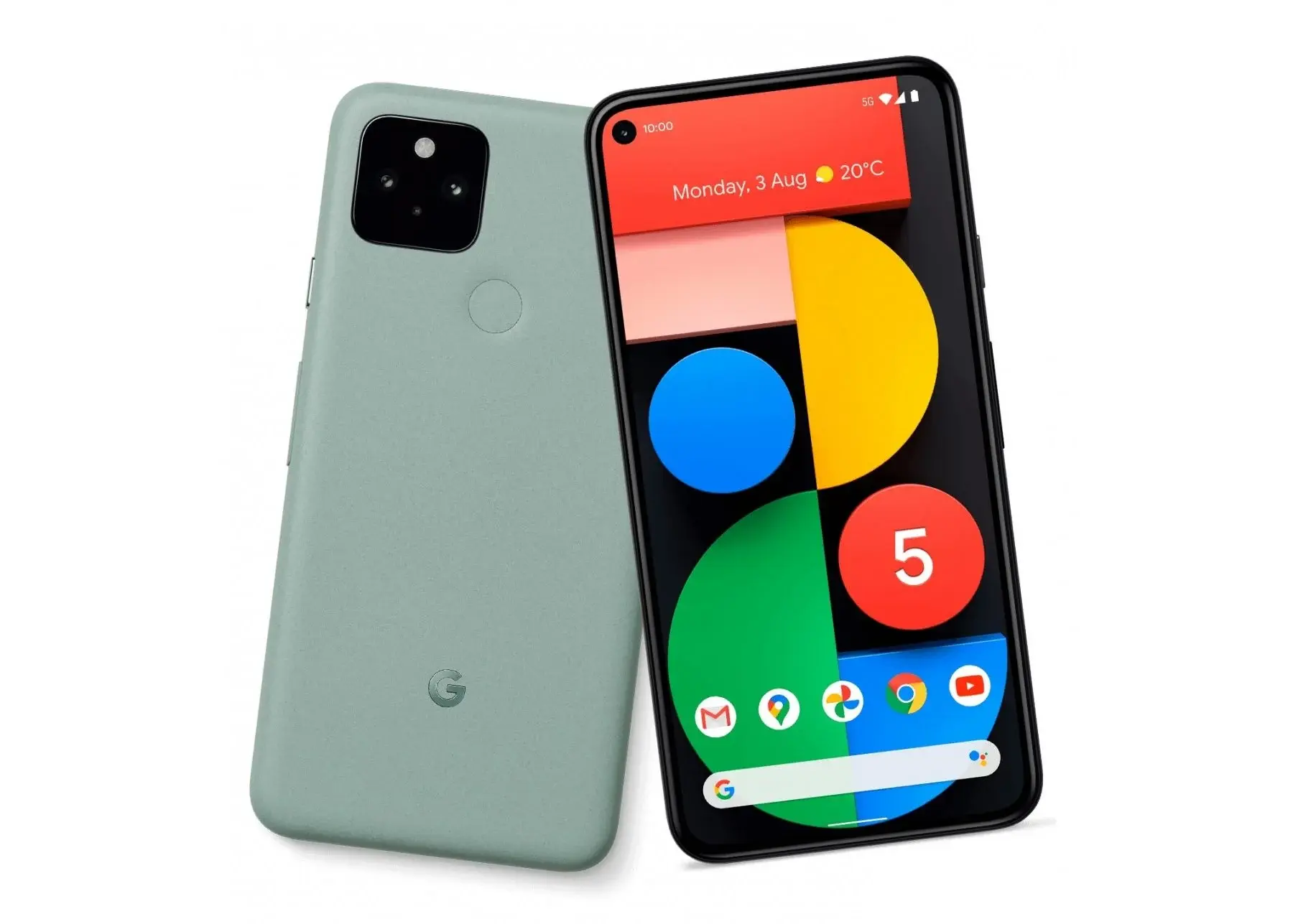Google recently unveiled the first developer preview version of Android 15, bringing forth a host of captivating features. Despite this initial release, the Pixel 5 series devices did not receive the Android 15 update. As Pixel 5 devices are no longer receiving official software support, the possibility of porting the GCam app to non-Pixel Android devices seems increasingly unlikely. The oldest Pixel devices eligible for the Android 15 update are part of the Pixel 6 series, equipped with Google’s custom Tensor chipset.
Google’s Shift Away from Snapdragon Support
In 2020, Google introduced the Pixel 5, which officially ceased to receive software updates by 2024. Noteworthy for featuring the last Snapdragon chipset from Google, the Pixel 5 stands out from the modern devices like the Pixel 6, which boast the custom Tensor CPU.
Impact on Pixel 5 Features
With the transition to their proprietary chipset, Google now wields complete control over the processor, a realm previously limited by Snapdragon chipsets. This shift may lead to Pixel-exclusive features that operate solely with a Tensor processor, potentially complicating the utilization or porting of Pixel features to non-Pixel devices.
Challenges with Qualcomm DSP Support
There’s a possibility that Qualcomm DSP support could be eliminated from Google Camera, a crucial component for image processing on Qualcomm chipsets. Should the GCam application be adapted to various devices without this support, image processing times could significantly lengthen, rendering GCam ports ineffective.
Despite the possibilities, it remains uncertain whether these changes will come to fruition, especially with Google discontinuing official support for Snapdragon devices. However, a more pressing concern arises from the performance limitations of Tensor chipsets.
Addressing Tensor Chipset Performance
Since Google’s inception of their custom chipset in 2021, Tensor CPUs continue to grapple with substantial challenges in power and efficiency. Present-day Tensor CPUs offer performance levels akin to Qualcomm’s flagship processors from approximately three years ago. Given the current landscape of smartphones featuring robust processing power and impressive battery life, Google may need to reconsider adopting Snapdragon chipsets once more or make significant advancements in the Tensor lineup.



Leave a Reply